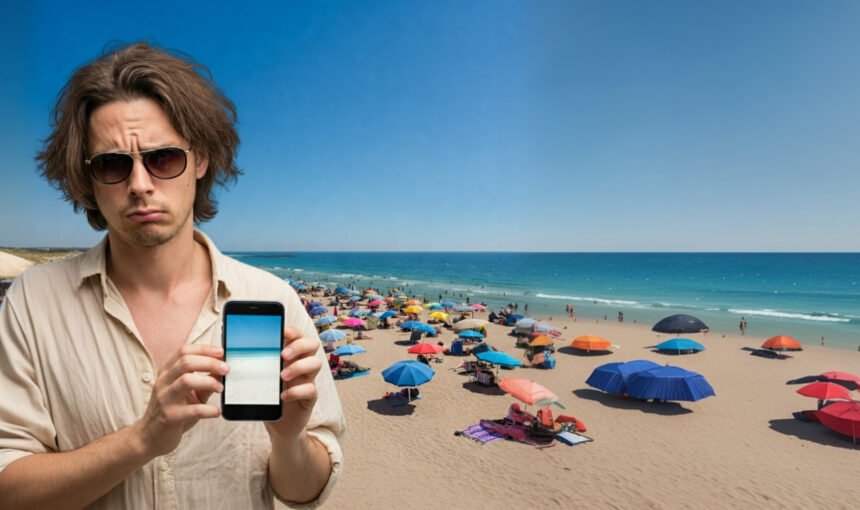Imagine planning your dream vacation in minutes, with a personalized itinerary curated just for you. Artificial intelligence (AI) is making this a reality, transforming how we research, plan, and book our adventures. From AI-powered trip planners to social media platforms that let you book with a few clicks, travel has never been more convenient.
But while AI can undoubtedly enhance our journeys, it also has its limitations. This article explores both the incredible potential and the surprising drawbacks of AI in travel, highlighting why the most meaningful travel moments often go beyond what technology can predict.
AI has undoubtedly made travel planning faster, easier, and more personalized. Tools like Booking.com’s AI Trip Planner allow travelers to create itineraries tailored to their interests, making every trip feel custom-made. Social media platforms like TikTok and Instagram have also joined the revolution, with features like “look-to-book” allowing users to seamlessly move from inspiration to reservation. As Lauri Metrose from Expedia Group explains, this evolution meets travelers where they are, bridging the gap between dreaming about a trip and making it happen.
Yet, AI has its limits—especially when it comes to the magic of the unknown. Because AI relies on existing data, it can only suggest places that have already been discovered and documented. The most memorable adventures, however, often come from unplanned moments and spontaneous discoveries. Imagine stumbling upon a hidden waterfall while hiking off the beaten path in Bali – a moment no AI could have predicted. These are the kinds of experiences no algorithm can replicate.
Furthermore, AI struggles with the nuances of culture and emotion. Travel isn’t just about ticking off landmarks; it’s about the personal connections and cultural insights that shape your experience. These are areas where human understanding plays a key role, and technology often falls short.
There’s also the ethical side to consider. AI-driven recommendations can lead to overtourism, overwhelming certain destinations while leaving others overlooked. Over-reliance on these tools risks creating a travel experience that feels manufactured, steering people toward the same curated spots instead of fostering authentic exploration.
AI is a great tool to kickstart your travel planning. It can suggest destinations, map out itineraries, and streamline bookings, saving you time and effort. Use it to gather ideas and lay the groundwork for your trip, but don’t let it dictate every detail.
The most rewarding travel experiences often come from following your instincts and embracing spontaneity. Leave room in your plans to wander off course, strike up conversations with locals, or take a chance on a recommendation that isn’t in the guidebooks. These unplanned moments are where real connections and unforgettable memories are made.
Let AI handle the logistics, but trust your curiosity to lead the way. A balance between the two ensures a trip that’s both seamless and filled with the kind of adventures that can’t be planned.
Undoubtedly, travel has been transformed by AI, making planning and booking easier and more convenient. It’s a powerful tool that helps create personalized itineraries and simplifies logistics. But no matter how advanced AI becomes, it can’t capture the spontaneity, serendipity, and deeper connections that make travel truly unforgettable.
Let AI be your starting point, but don’t rely on it to shape your entire journey. Leave space for the unexpected, follow your curiosity, and embrace the unknown. That’s where the real magic of travel happens.
Because in the end, the most meaningful adventures are the ones no machine can predict. The real adventure is always waiting for you in the unknown.
Adrenaline junkie with a passion for exploring off-the-beaten-path destinations and finding unique ways to stay active. Expect stunning scenery, challenging workouts, awesome travel tips and a whole lot of fun. Let’s get sweaty and explore the world together!




